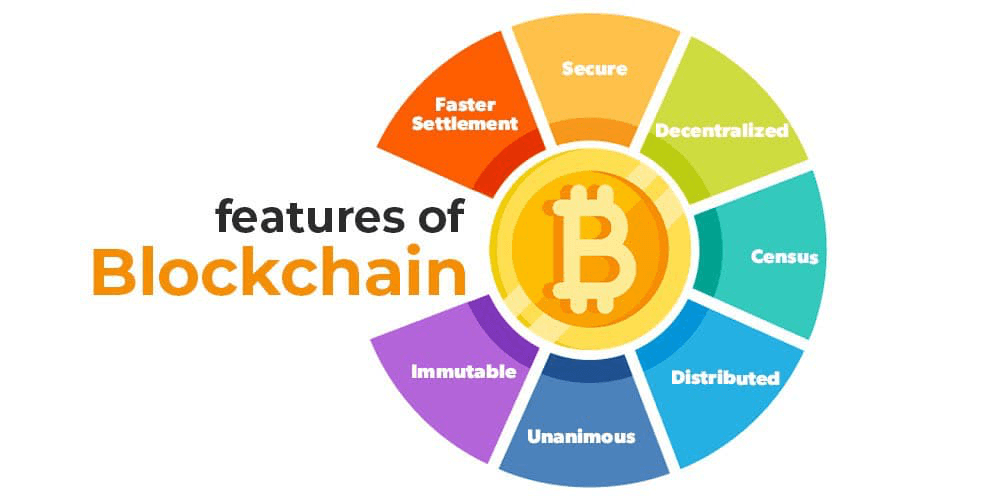Demystifying Bitcoin: Understanding the Revolutionary Digital Currency
Introduction:
In recent years, Bitcoin has emerged as a revolutionary force in the world of finance and technology, captivating the imagination of investors, technologists, and policymaker alike.(Bitcoin price today)
As the first decentralized digital currency, Bitcoin has sparked a global phenomenon, reshaping the way we think about money, transactions, and the future of the financial system.
In this blog post, we’ll delve into the world of Bitcoin, exploring its origins, features, benefits, challenges, and implications for the future of finance.
[ez-toc]
What is Bitcoin?
Bitcoin is a decentralized digital currency, often referred to as cryptocurrency, that operates on a peer-to-peer network without the need for intermediaries such as the banks or governments.
It was invented in 2008 by an anonymous person or group of people using the pseudonym Satoshi Nakamoto and released as open-source software in 2009.
Bitcoin is based on blockchain technology, a distributed ledger system that records all transactions transparently and securely.
Key Features of Bitcoin:
1. Decentralization:
Bitcoin operates on a decentralized network of computers, known as nodes, which collectively maintain the integrity and security of the blockchain.
This decentralized structure ensures that no single entity has control over the network, making it resistant to censorship, manipulation, and single points of failure.
2. Limited Supply:
Unlike traditional fiat currencies, which can be printed at will by central banks, Bitcoin has a fixed supply limit of 21 million coins.
This scarcity is built into the protocol through a process called mining, where new bitcoins are created as rewards for miners who contribute computing power to validate and secure transactions on the network.
3. Security and Transparency:
Bitcoin transactions are recorded on a public ledger called the blockchain, which is immutable and transparent.
Each transaction is cryptographically verified by miners and added to a block, which is then linked to previous blocks in a chain.
This ensures the integrity and security of the network, making it virtually impossible to tamper with or counterfeit transactions.
4. Pseudonymity:
While Bitcoin transactions are recorded on the blockchain and publicly accessible, the identities of the parties involved are pseudonymous.
Instead of using real names, Bitcoin addresses are used to send and receive funds, providing a level of privacy and anonymity to users.
However, it’s important to note that Bitcoin transactions can still be traced and analyzed using blockchain analytics tools.
Benefits of Bitcoin:
1. Financial Inclusion:
Bitcoin has the potential to increase financial inclusion by providing access to banking and financial services to unbanked and underbanked populations around the world.
With Bitcoin, anyone with an internet connection can send, receive, and store value without the need for a traditional bank account.
2. Borderless Transactions:
Bitcoin enables borderless transactions, allowing users to send and receive funds across geographic boundaries without the need for intermediaries or currency conversion fees.
This makes it ideal for international remittances, e-commerce, and cross-border trade.
3. Security and Immutability:
Bitcoin’s blockchain technology provides a high level of security and immutability, making it resistant to hacking, fraud, and censorship. Once a transaction is recorded on the blockchain, it cannot be altered or reversed, ensuring the integrity and trustworthiness of the network.
Challenges and Criticisms:
1. Volatility:
Bitcoin’s price is known for its extreme volatility, with frequent and unpredictable fluctuations in value.
While this volatility presents opportunities for traders and investors, it also poses risks and challenges for mainstream adoption as a medium of exchange or store of value.
2. Scalability:
Bitcoin’s scalability is a persistent challenge, as the network’s limited transaction throughput and processing capacity can lead to congestion and delays during periods of high demand.
Efforts to improve scalability, such as the development of layer-two solutions like the Lightning Network, are ongoing but face technical and regulatory hurdles.
3. Regulatory Uncertainty:
Bitcoin operates in a regulatory gray area in many jurisdictions, with governments grappling with how to classify and regulate cryptocurrencie.
Regulatory uncertainty can create barriers to adoption and investment, as businesses and investors navigate compliance requirements and legal risks.
4. Environmental Concerns:
Bitcoin mining consumes significant amounts of energy, leading to concerns about its environmental impact and carbon footprint.
Critics argue that Bitcoin’s energy-intensive proof-of-work consensus mechanism contributes to climate change and undermines its sustainability credentials.
Conclusion:
Bitcoin has emerged as a disruptive force in the world of finance, offering a decentralized alternative to traditional banking and payment systems.
With its innovative features, such as decentralization, limited supply, and security, Bitcoin has the potential to reshape the future of money and finance.
However, challenges such as volatility, scalability, regulatory uncertainty and environmental concerns remain hurdles to mainstream adoption and acceptance.
As the Bitcoin ecosystem continue to evolve and matures, it will be fascinating to see how it navigate these challenges and transforms the global financial landscape.


